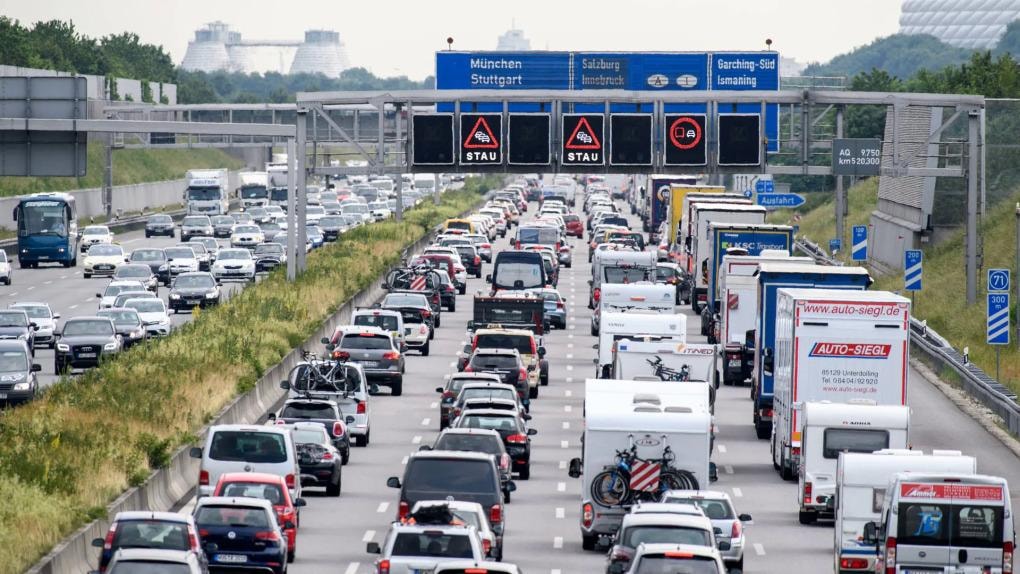Europe moves to ban sales of petrol and diesel cars from 2035
European Commission lawmakers have voted in favor of a ban on the sale of petrol cars from the middle of next decade.
A final decision on the ban will be discussed with EU member states later this year. The roadmap allows carmakers to reduce CO2 emissions by 100%.2from products by 2035. This means that no new petrol, diesel, or hybrid cars will be produced in the European Union. However, this does not mean that combustion engine cars will be banned from the streets.
 |
| Vehicles traveling on the Autobahn highway, Germany. Photo:dpa |
A complete end to the internal combustion engine in Europe would still require the agreement of all 27 countries in the union, which is no easy task. Germany, for example, opposes a total ban on new cars with internal combustion engines and proposes an exception for vehicles running on synthetic fuels. Italy’s minister for ecological transition has also said that the future of the car “cannot be purely electric.”
In the first statement after the new agreement, the representative of ADAC (Germany), Europe's largest automobile association, also said: "Climate protection targets in transport cannot be achieved by using electric vehicles alone." ADAC believes that it is necessary to open up the prospect of climate-neutral internal combustion engines.
On the other hand, MEP Michael Bloss said: "This is a turning point that we are discussing. The use of combustion engines is damaging industry, the climate and is in violation of European law."
About a quarter of CO emissions2in the European Union come from transport, and 12% of those emissions come from cars. Under the new deal, annual emissions from new cars will be 55% lower by 2030 than in 2021.

